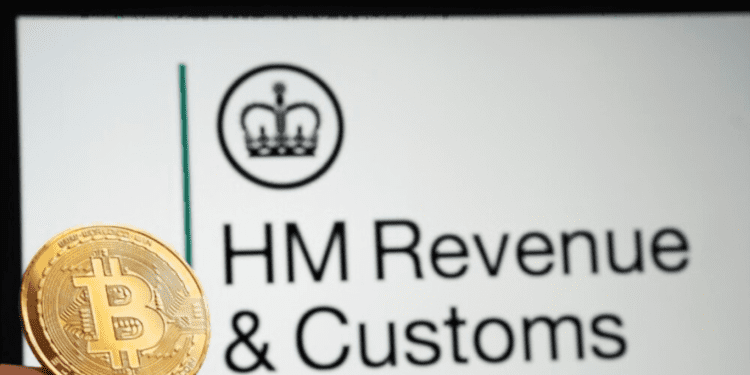The U.K. Government has proposed specific requirements for filing cryptocurrency tax returns, potentially opening pandora’s box for bureaucratic confusion and deterring the country from its goal of becoming a crypto hub.
The U.K. stands among the few countries that have provided guidelines on taxation in crypto staking, following a government announcement in February this year. The reprisal against the country’s staking tax guidelines may threaten the efforts by U.K. officials to gain an edge over jurisdictions such as the European Union (E.U.) in the turbulence of leadership changes. More importantly, the decision puts much pressure on investors who wonder what they will have to pay.
Staking as a crucial part of DeFi
U.K.’s digital asset framework was updated earlier this year after the country’s H.M. Revenue and Customs (HRMC) division decided to include decentralized finance (DeFi) in its revenue streams. Now, staking falls under DeFi, providing investors with opportunities for trade, lending, and borrowing digital tokens.
According to the new guidelines, investors must consider the terms and conditions determining how individual platforms offer to stake. According to the report, this is how the investors decide whether or not they are required to pay more levies. The HMRC said:
“If a platform uses a person’s tokens while holding them, that could indicate beneficial ownership of those coins has passed and would be treated as a disposal, which incurs capital gains tax.”
According to David Wren and Jonathan Peall, a tax partner at EY and tax director at KPMG UK, respectively, this results from exchanges stacking the staked tokens from several users to run their operations. The tax professionals add that the exchanges do not provide a structural period for giving back the tokens to the owners or investors.
According to the guidelines, returns from staking would be subject to income tax and could go as high as 45%. It noted:
“Earnings from staking cannot be considered as interest, as crypto assets aren’t considered currency or legal tender in the U.K.”
Headache for investors
The development comes after the Ethereum blockchain upgrade that has presented new opportunities for token holders. According to the report, Ether holders can lock up or stake their cryptocurrencies on the Ethereum blockchain for transaction validation. In doing so, they would earn yields as high as 5.2% by a single estimate, an attractive dividend that is likely to make staking the more popular option.
Ethereum blockchain’s shift to a more desirable model, PoS, for transaction validation and ordering encourages investors to lock up their ETH tokens in unique staking wallets for passive income earned. Noteworthy, by Monday, 24 September, almost 12% of all eligible circulating Ether was locked up in staking wallets. According to Staking Rewards, this is worth $25.2 billion at current ETH prices.
Headache for tax officials
Cognizant that staking is a preferable option among the most experienced and enlightened crypto investors, the government’s decision will likely set the U.K. back in its efforts to be a crypto leader. The situation becomes more complicated as the law in the U.K., as it currently stands, does not require the working folk to file annual returns. If individuals practicing staking were forced to file returns, it would potentially add a significant administrative burden on the concerned authorities.
According to David Wren, tax officials will have a tough time if many people are suddenly required to file tax returns just for their cryptocurrencies. In Wren’s opinion, beyond the concern of the country’s tax position, there is also the issue of the administration not being great on both sides.
A Recipe For Bureaucratic Nightmares
Ian Taylor, the head of CryptoUK, described HMRC’s initial guidance as “full of problems.” In his opinion, the guidelines are cumbersome and overwhelming and would be tough to value and enforce. The authority has discussed ways to improve the taxation system with industry players. While the sector has demonstrated an openness to such consultations, the government must get it right before other jurisdictions develop their guidelines.














